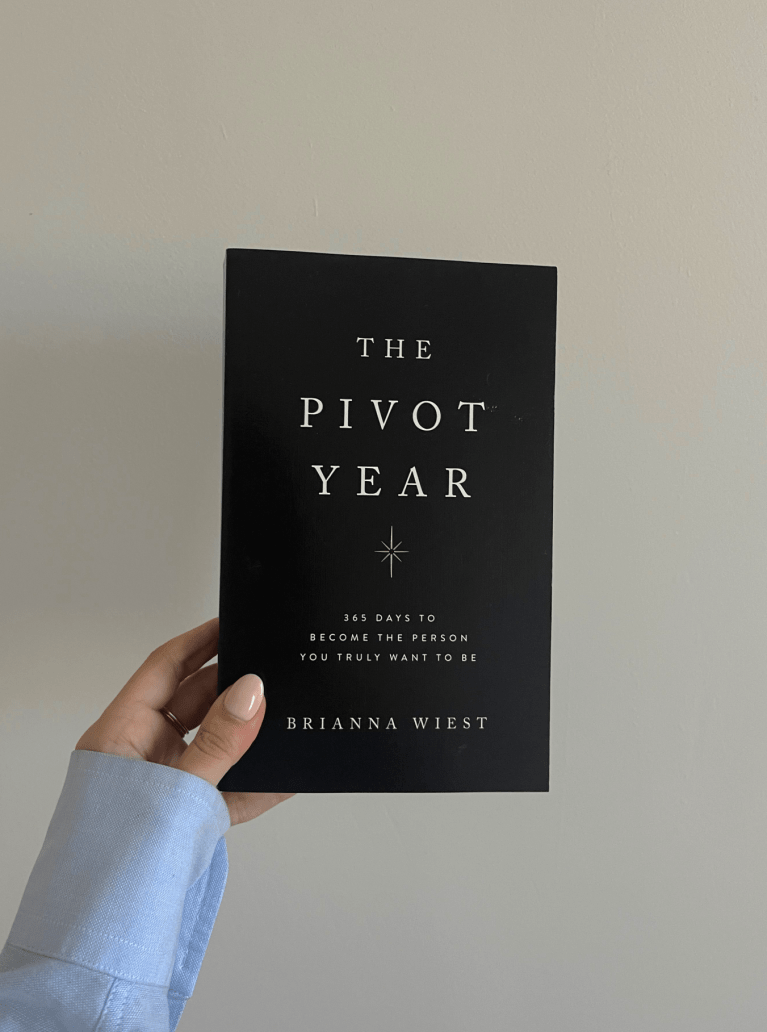“The details are not the details; they make the design.”

1. The color you wear most often.
Color psychology is something that businesses use to appeal to customers, therapists use to create a certain feeling in their offices, and something you’re probably using without even realizing it. Color perception (especially when it comes to clothing) usually reveals something about your personality (people who wear black feel self-empowered; red is indicative of sexuality or aggression; green correlates with intelligence, love, and nature, and so on).
2. What makes you laugh.
As most people know, humor is only humor when it reveals a bit of truth. Whatever makes you laugh is a clue to that which you subconsciously acknowledge to be “true.” While on the surface this probably seems obvious and unimportant, everyone’s sense of humor is distinctly unique, as no two people have the exact same perspective on “truth.”
3. The five most common things you do each day.
Aside from the basics (eating, sleeping, and so on) the things you do each day are more indicative of who you are than the overarching ideas you probably have about your life (your job title, your familial status, etc.) Who you *really are* is better represented by the five things you do each day than the five things you’d tell someone about yourself during an “elevator speech.”
4. What you don’t want other people to know about you.
The things you don’t want other people to know about you are controlling your life much more than you probably recognize. When we have to go to any length to hide or manipulate an outside perspective of ourselves, we suffocate a greater part of who we are in the process. Regardless, the things you want to keep private are the things that you ultimately recognize to be in some way true. Otherwise, they wouldn’t scare you.
5. What you daydream about.
When your mind wanders, where does it go? Are you a celebrity, are you a parent, are you a millionaire? Are you with the love of your life? Are you on TV for an accomplishment? Dissect the nature of your daydreams – most of the time, they are mechanisms for self-soothing. If you can determine what makes you feel most at peace, you can determine what’s disturbing you in the first place (the opposite of it).
6. Who (and what) you suffer for.
If “suffer” is a strong word, then swap it out with: what (and who) you sacrifice for. What in your life do you place before your comfort or preference? Is it your work? Your ego? A special someone in your life? What you believe is worth suffering for is linked to what you feel your life is really about in the grand scheme of it all.
7. The nature of what you’re entertained by.
Is it gossip about other people, fiction books, crime shows, celebrity news, self-help books? What you find most entertaining is what you find most consuming; it reveals a lot about what you’re inherently interested in. And if you find that what you’re most intrigued by is less than flattering, don’t worry: being interested in celeb gossip, for example, indicates that you are fascinated by the dynamics of how people relate to one another more than it does pettiness.
8. How you self-soothe.
We all comfort ourselves throughout the day, even if we don’t realize that’s what we’re doing. Even the simple things, like food or sex or liquor, are forms of self-soothing. Your drug of choice (literally or not) says a lot about who you are in that it reveals what makes you feel most understood, or related to.
9. What you perceive “failure” to be.
Is it not living up to your parent’s expectations? Going broke? Not becoming a bestselling author? Your perception of “failure” says so much about who you are, mostly because it’s the thing you’re always working to avoid. If your idea of not failing is just keeping a roof over your head, you’re going to be a lot less driven than if something else were the case.
10. How you describe yourself to others.
Everyone’s self-perception is warped to a degree, and that’s normal. But the way you see yourself at any given moment in time says more about how you feel about yourself than it does how well you can communicate your identity.
11. How you treat people who are in need.
When homeless people ask for money, or a friend asks for advice, or someone in your family needs emotional support, do you feel empathetic and lend yourself to them, do you brush it off because “they got themselves into that situation?” How you treat people in need is a projection of how you treat yourself when you’re hurting. The more open-hearted you are to them, the more accepting you are of yourself.
12. How you argue.
Do you lash out whenever the impulse strikes you? Do you fight with insults or do you argue with points and evidence? What do you argue about? Your most angered, heightened state of emotion is a preview of what your dark side is like (and it’s just as important and crucial to the whole of you).
13. How you treat people who are unkind, unfair or judgmental of you.
You know how they say your character is how you treat people who can do nothing for you? Well it’s also how you treat people who actively are unkind to you. Do you dislike people only when they dislike you? Are you only kind to people who are kind to you? Is your impulse to want revenge or to forget about them entirely? Do you use their behavior as a means to justify your own?
14. How you want to be remembered, and for what.
Do you want to be known for your intelligence or your attractiveness or your heart? It’s usually one of the three that people think is their most significant contribution (though they aren’t always correct). Regardless, what you want to be remembered for is what you want your life to be defined by.
15. How you spend your lazy Sundays.
Alternatively: who you are and what you do when nobody else is around. ![]()






